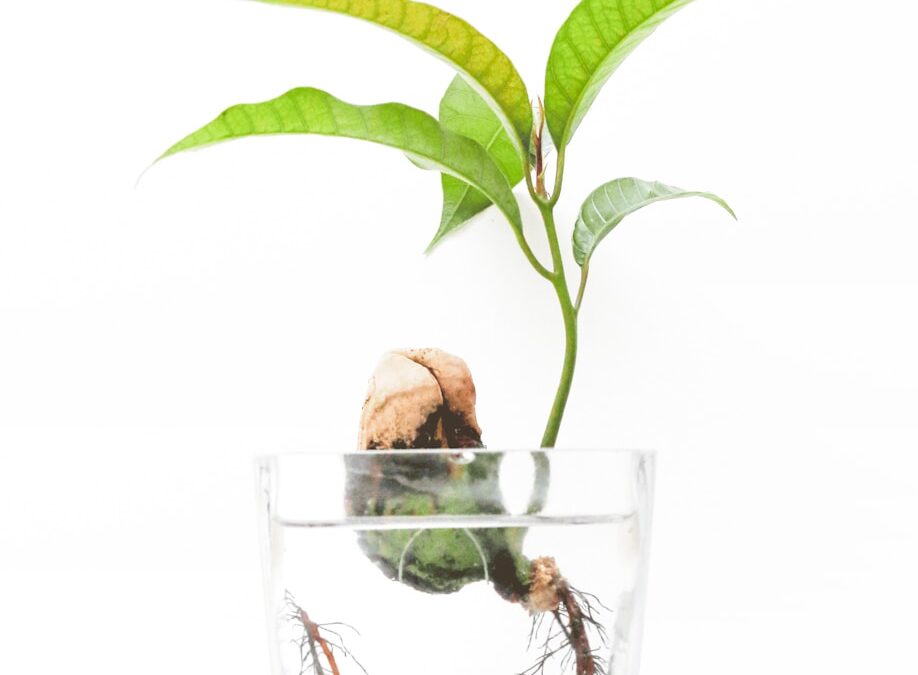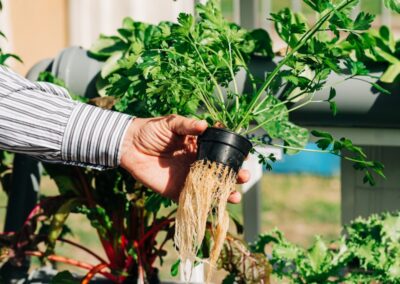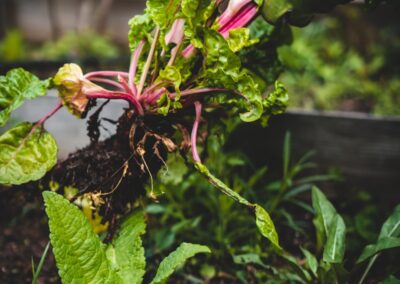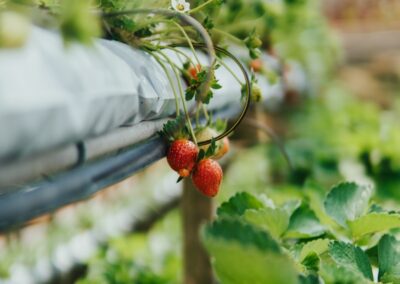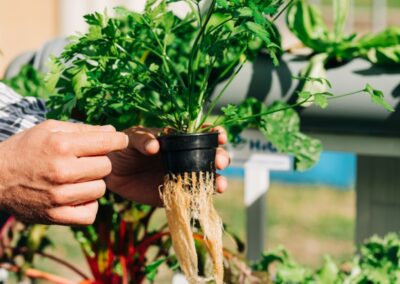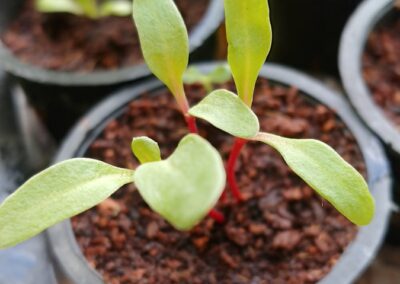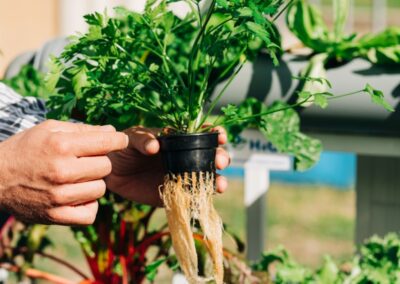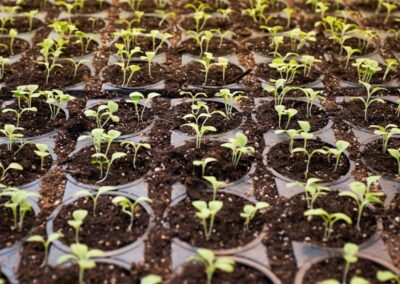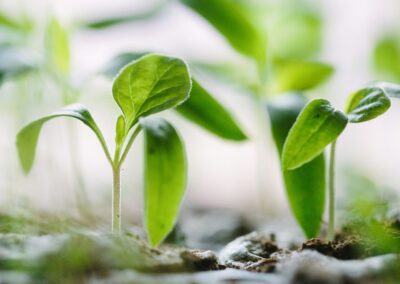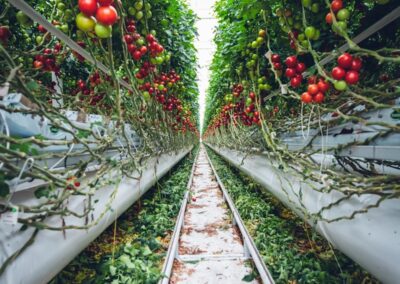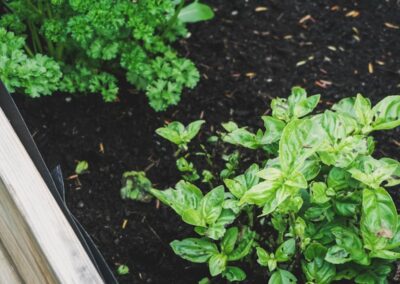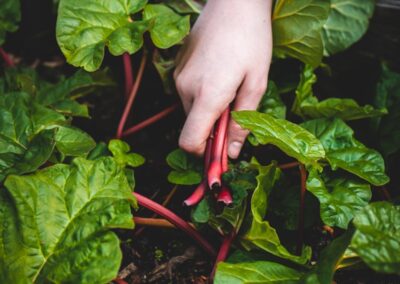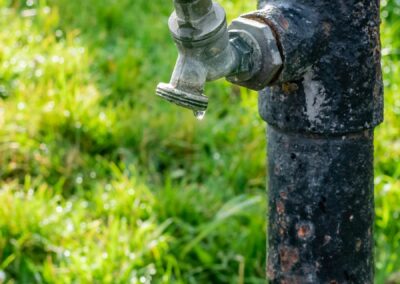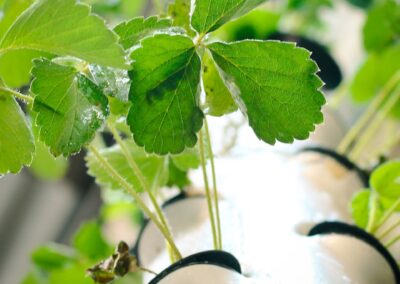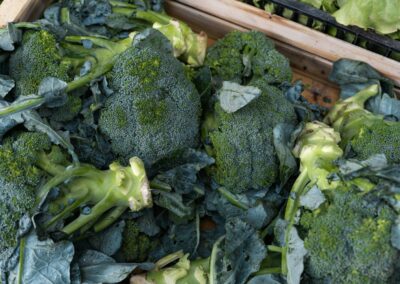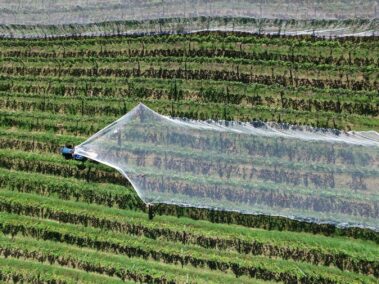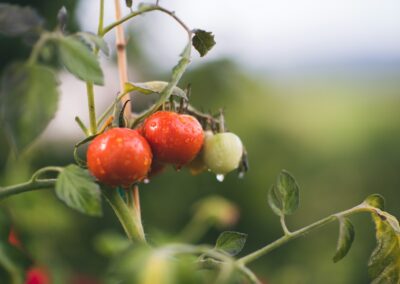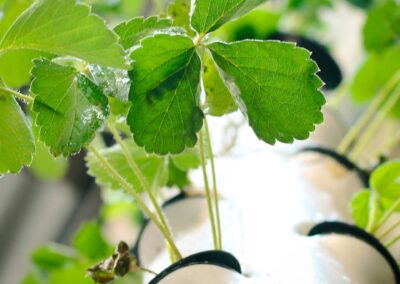Hydroponics and Sustainable Agriculture in Saudi Arabia and the UAE
Hydroponics, a method of growing plants without soil, is transforming sustainable agriculture, particularly in arid regions like Saudi Arabia and the UAE. This innovative farming technique uses nutrient-rich water solutions to grow crops, significantly reducing the amount of water needed compared to traditional soil-based farming. By using up to 90% less water, hydroponics offers a viable solution to water scarcity, a pressing issue in these regions.
In Riyadh, hydroponic farming is gaining traction as a strategic approach to enhance food security and sustainability. The controlled environment of hydroponic systems allows for precise management of nutrients and water, leading to higher crop yields and reduced waste. This method not only conserves water but also minimizes the use of pesticides and fertilizers, promoting environmentally friendly agricultural practices.
Dubai, known for its technological advancements, is also embracing hydroponics to address food security challenges. By integrating hydroponic systems into urban areas, Dubai is reducing its reliance on imported food and ensuring a steady supply of fresh produce. The city’s commitment to hydroponic farming highlights its dedication to sustainable development and innovative agricultural solutions.
Enhancing Food Security and Sustainability through Hydroponics
Hydroponics plays a crucial role in enhancing food security by enabling local food production in urban settings. In Saudi Arabia, where arable land is limited, hydroponic systems offer a sustainable solution to meet the growing demand for fresh produce. By cultivating crops in nutrient-rich water, cities can reduce their dependence on traditional farming methods, ensuring a stable and reliable food supply.
In the UAE, hydroponics is seen as a key strategy to achieve food self-sufficiency. The ability to grow crops in controlled environments allows for year-round production, regardless of external weather conditions. This is particularly important in regions with extreme climates, where traditional farming can be unpredictable and less productive. Hydroponics thus contributes to a more resilient and secure food system.
Moreover, hydroponics supports sustainable agriculture by reducing the environmental impact of farming. The closed-loop systems used in hydroponic farming recirculate water and nutrients, minimizing waste and conserving resources. This method also reduces the need for land, allowing for high-density farming in urban areas. By integrating hydroponics into their agricultural practices, cities like Riyadh and Dubai are leading the way in sustainable urban farming.
The Role of Technology in Advancing Hydroponics
The integration of advanced technologies such as Artificial Intelligence (AI), Blockchain, and the Internet of Things (IoT) is essential for the success of hydroponic farming. AI algorithms can analyze data from sensors within the hydroponic systems to optimize growing conditions, predict crop yields, and identify potential issues before they become problematic. This data-driven approach enhances efficiency and productivity, ensuring that hydroponic farms operate at their full potential.
Blockchain technology adds an additional layer of transparency and traceability to hydroponic farming operations. By recording every step of the production process on a secure, immutable ledger, stakeholders can verify the origins and quality of the produce. This builds trust among consumers and supports compliance with regulatory standards. In cities like Riyadh and Dubai, where food safety and quality are paramount, blockchain integration ensures that hydroponic farming remains a reliable and credible food source.
IoT technology facilitates real-time monitoring and control of hydroponic systems. Sensors and automated systems can adjust lighting, temperature, and nutrient delivery based on the specific needs of the plants. This level of precision reduces resource wastage and improves crop health and yield. By leveraging IoT, hydroponic farms can operate more sustainably, minimizing their environmental footprint while maximizing productivity.
Business Success and Management Consulting
Management consulting services provide critical support for the successful implementation and scaling of hydroponic farming operations. In Saudi Arabia, consultants work with agricultural businesses to develop comprehensive strategies that align with national food security goals and sustainability targets. These strategies encompass everything from site selection and system design to market analysis and financial planning. By leveraging expert advice, businesses can optimize their hydroponic farming operations for maximum efficiency and profitability.
In the UAE, management consultants help hydroponic farming enterprises navigate regulatory frameworks and secure the necessary permits and certifications. They also assist in identifying funding opportunities and forging partnerships with technology providers and research institutions. This holistic approach ensures that hydroponic farming ventures are well-positioned to succeed in a competitive market. By addressing both strategic and operational aspects, management consulting enhances the overall viability and impact of hydroponic farming projects.
#Hydroponics #SustainableAgriculture #WaterConservation #UrbanFarming #SaudiArabia #UAE #Riyadh #Dubai #ChangeManagement #ExecutiveCoaching #EffectiveCommunication #BusinessSuccess #ManagementConsulting #ArtificialIntelligence #Blockchain #TheMetaverse #GenerativeAI #LeadershipSkills #ManagementSkills #ProjectManagement

